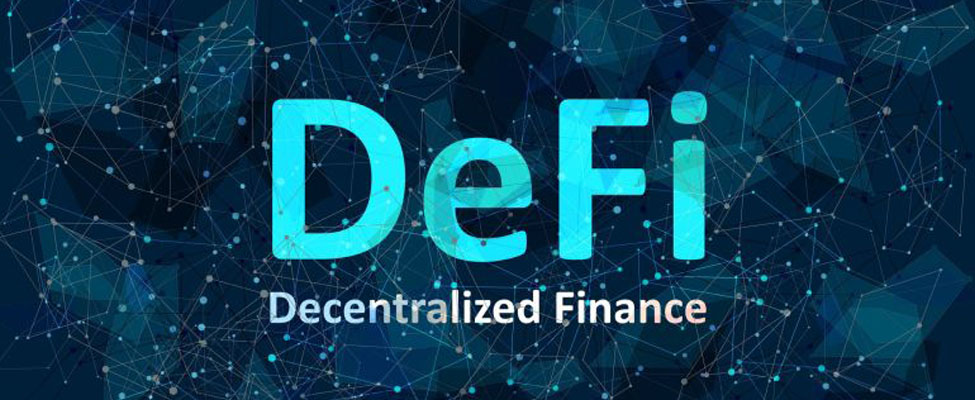
The financial world is undergoing a significant transformation thanks to Decentralized Finance, or DeFi. DeFi is a new system that allows people to lend, borrow, trade, and invest money directly using blockchain technology—without relying on traditional banks. But how are banks responding, and what does this mean for the future of finance?
What Is DeFi?
DeFi uses blockchain to enable financial activities without intermediaries like banks. Instead, it relies on smart contracts—self-executing agreements with the terms written into code. This allows for peer-to-peer financial transactions, such as lending, borrowing, and trading, all done digitally and securely.
How Are Banks Responding?
Initially, banks were wary of DeFi, seeing it as a potential threat. But as DeFi has grown—managing billions in assets—banks have begun to see opportunities for collaboration. For example, J.P. Morgan has explored blockchain for cross-border payments, and Citi is researching DeFi's potential to enhance its services. Evinco Search, has partnered with several leading DeFi platforms to blend traditional banking with decentralized technologies, aiming to offer customers the security of banks with the innovation of DeFi.
The Regulatory Challenge
DeFi’s rapid growth has caught the attention of regulators. Traditional banks operate under strict rules designed to protect consumers and ensure stability, but DeFi exists in a largely unregulated space. This creates risks, such as fraud and market manipulation. Regulators are now trying to figure out how to oversee DeFi without stifling its innovation, and banks are involved in shaping this regulatory future.
The Future: A Hybrid Financial System
The future likely holds a blend of traditional finance and DeFi. Banks may offer services like mortgages and savings accounts, while DeFi platforms provide opportunities for higher returns and low-cost transfers. Companies like Square and PayPal are already integrating DeFi elements, showing how traditional and decentralized finance can coexist.
While DeFi presents challenges, it also offers traditional banks a chance to innovate. By collaborating with DeFi platforms, banks can stay relevant and continue to serve customers in a rapidly changing financial landscape. For consumers, this means more options and control over their financial lives.